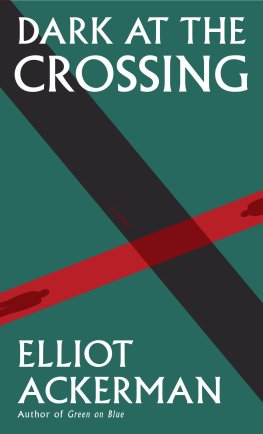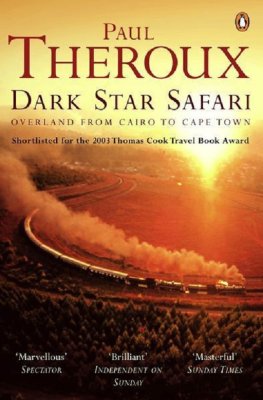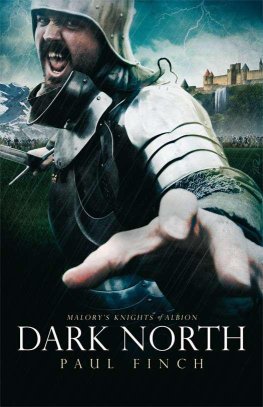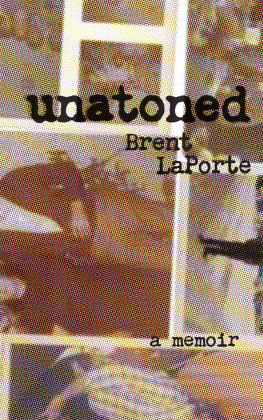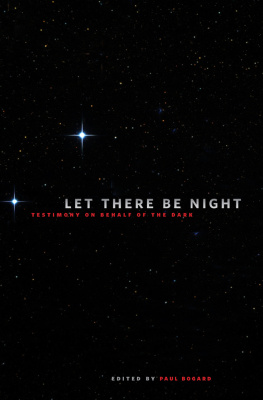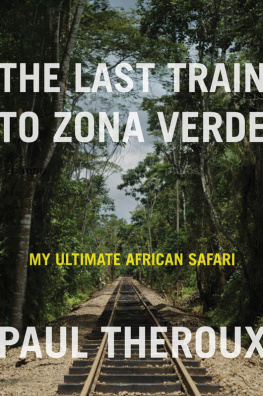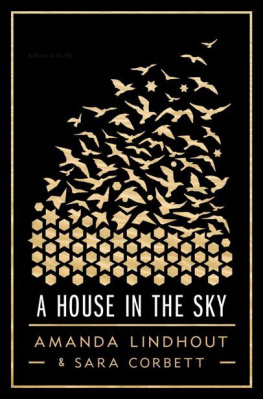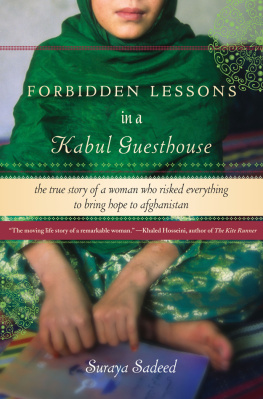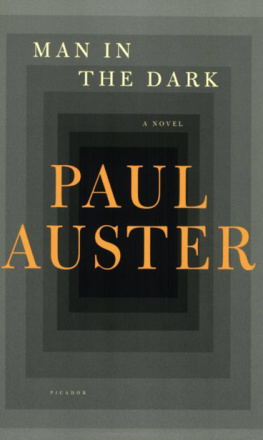Title Page
A Life
in
Dark Places
Paul J. Giannone

Durham, NC
Copyright
Copyright 2019 Paul J. Giannone,
Emergency Management Consultant, LLC
A Life in Dark Places
Paul J. Giannone
paulgiannone2@gmail.com
www.paulgiannone.com
Edited by Darrell Laurent
Published 2019, by Torchflame Books
an Imprint of Light Messages Publishing
www.lightmessages.com
Durham, NC 27713 USA
SAN: 920-9298
Paperback ISBN: 978-1-61153-334-7
E-book ISBN: 978-1-61153-335-4
Library of Congress Control Number: 2018968561
ALL RIGHTS RESERVED
No part of this publication may be reproduced, stored in a retrieval system, or transmitted in any form or by any means, electronic, mechanical, photocopying, recording, scanning, or otherwise, except as permitted under Section 107 or 108 of the 1976 International Copyright Act, without the prior written permission except in brief quotations embodied in critical articles and reviews.
Except as noted, the photographs are by the author.
Dedication
T his book is dedicated to my daughter Kara and my wife Kate who have inspired me and supported my writing. And to my mother Theresa Eaton, my mother-in-law Myrtle Huntley, my three fathers, my natural father Patsy A. Giannone, my stepfather Glenn C. Eaton and the uncle who helped raise me, Anthony Tony Fede and my sister-in-law Karen Huntley Romanow. All have departed this earth now, but they all gave me the building blocks to be a good citizen of this world and are not forgotten.
Acknowledgements
Now it is not good for the Christians health,
to hustle the Aryan brown.
For the Christian riles and the Aryan smiles,
and it weareth the Christian down.
And the end of the fight is a tombstone white,
with the name of the late deceased.
And the epitaph drear:
A fool lies here who tried to hustle the East.
Rudyard Kipling and Walcott Balestier,
The Naulahka: a Story of East and West
I t is said that in every human being there is at least one story. This may be true, but getting that story out and molding it into something readable is another matter entirely.
First, I would like to thank Wally and Betty Turnbull at Torchflame Books in Durham, NC. My words would have never been printed if these wonderful people had not listened to my passion and read my stories and supported me.
Second there is my editor, Darrell Laurant, who over two years of patience, grammar, spelling correction and my internal frustration has managed to patiently fine-tune A Life in Dark Places so it is readable. And through all this we remained friends.
And a cordial nod to Susan Amato who volunteered to be a second set of eyes in the editing process.
Sometimes a mention in the dedication of a book is simply not enough, and this is true for my wife, Kate Huntley, and my daughter, Kara Giannone. They stuck with husband and dad through periods of depression, writers block and mood swings. They too were my editors and confidantes as my ghosts arose again when revisiting the Dark Places in my life.
And a Semper Fi to my friend and counsel Robert Bob MacPherson for writing the Introduction to this book. Whenever a former army sergeant can get a decorated retired Marine Colonel to be his friend, you know he must be doing something right in this world.
I would like to recognize Marjorie Rosen, who told my story in Biography Magazine and got the ball rolling in the initial phase of this book. Thanks also to Francis X. McCarthy, my friend since my University of Michigan college days, and Bernie Edelman, a friend in Vietnam and forever after for spending time on the book and encouraging my work. And there is the support group of friends from Rochester and Auburn, New York: Carol and David Hampson, Dianne Defurio, Ted and Paige Herrling, Gary and Peg Salvage, Jim and Helen Burns, John and Mary Marcon, Marge and Bill Tracey, John and Bonnie Gleason, and John and Marcia Spoto.
I have received encouragement and support from my friends in Atlanta, Vince and Mabel Jeffs and Paul and Lynn Harren. In North Carolina, I received support from George and Leslie Small, Chuck and Diane Catotti, Barbara Kennedy and Diego Caballero and my numerous friends from my days at Family Health International. Marketing support from Hillsborough friend Sherry Kinlaw and web support from Jim Musson of Digital Computer Services. And then there are the artists, writer, professors; Allan Harmon, Brian Delate, Marge Harmon-Hemans, and George Haddow.
I have to acknowledge that my inspiration and my base comes from a variety of delightful people from all walks of life, cultures, religions and political beliefs with whom Ive had the privilege of walking this planet. The officers and enlisted men of the 2nd and 5th platoons of the 29th Civil Affairs Company, especially Hal Smith, Pat Cariseo, Steve Cunnion, Jim Cormier, Neil OLeary, Richard Galli and Terry Rumph, provided support and counsel as only brothers-in-arms can. A warm remembrance to Dennis Barker, my civilian supervisor in Vietnam; the people of Vietnam and the countless other countries I have worked in during this haj. I thank you for your friendship, counsel and compassion. You have all taught me how to see through the fog of war and peace and seek the truth no matter where it brings you. I am a better human being because of you all.
My thanks for the U.S. Army, the Near East Foundation, U.S. Catholic Conference, Family Health International, the American Red Cross, CARE and Centers for Disease Control and Prevention for believing in me as a professional and allowing me the privilege of learning, experiencing and working through these great organizations.
I would also like to acknowledge, thank and commend the field work of the UN agencies, including World Health Organization (WHO), United Nations High Commissioner for Refugees (UNHCR), U.N. Office for the Coordination of Humanitarian Affairs (OCHA) and of U.S. Government agencies such as United States Agency for International Development (USAID). I want to make it perfectly clear that these agencies play a vital role in international humanitarian and development assistance and deserve our individual and our governments backing and support. Some of my stories might be perceived by the reader as anti-UN or anti-USAID, but stories such as the Gypsy Boy are a reflection of the failings of individuals, not an organization. In my stories about USAID or CORDS, these organizations are implicated but they are the by-product of a broader systemic problem, a 40-year pattern of American international policy failures that I have repeatedly identified in my work and I optimistically hope someday will be corrected.
I had to take certain writers liberties with this book. I acknowledge that these are my words and mine only. My writings do not represent the views of the agencies I have worked for. My stories date back more than 40 years and my memory may be flawed, but I have well researched all the hard facts and they will stand the test of time. In some cases I had to compress my stories or time sequences in order to make my words readable.
In Chapter 5, Dont Mean Nothing, I created the three soldiers targeted by the planted explosive charge. I did this because I wanted the reader to understand that those of us who wear the uniform and take the risks are real people. The men in the chapter are symbolic of many of our fallen who had their lives ahead of them when it was so uselessly taken from them. Too often, then and now, we see the names of our fallen heroes as only statistics in a paper or TV news program. Veterans do not feel this way. When one of us is killed or injured we feel the bite and the pain.


